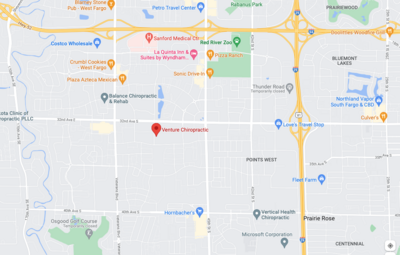
The kids are finally in bed and you are exhausted, but there is still so much to do. While you are completing evening tasks you may find your stomach is starting to growl or you are seeking food to fill a craving. It isn’t only your waistline that will feel the effects, but your heart health may also be affected.
Eating later in the day may promote weight gain, slow down metabolism, and raise inflammatory markers that are associated with diabetes and heart disease.1 In another study, Nour Makarum and his team recruited 112 healthy women, who were on average 33 years of age to participate in a study. This group of women completed food journals and modified their eating schedule. The researchers examined heart health at baseline and one year later checking factors such as blood pressure, cholesterol, blood sugar, physical activity, diet, weight, and smoking. The research revealed that participants who consumed more calories after 6pm tend to have poorer cardiovascular health and researchers saw a similar effect when individuals eat after 8pm. The data yielded intriguing results. A larger sample size and further focus on different populations is needed. Although the study was small it provides valuable insight that slight alterations to our mealtimes can benefit our bodies.2
Studies of this nature share a valuable lesson: Eat plenty of good food throughout the day and do not binge late at night. If we consume the majority of our daily calories in the evening we may have a higher incidence of weight gain, slowed metabolism, and disturbed sleep.
If you are tired of feeling sick and tired, then we may be able to help you get on the right path. Some modifications and nutritional guidance can help steer you back on the path to good health. At Venture, we can to perform a blood work analysis and a detailed review of your current health status. If you are interested in learning more, we are always happy to help. We are here to help you move better, feel better, and be a better you!
–Melanie Dockter DC CACCP
References:
1.Antoni, R., Robertson, T., Robertson, M., & Johnston, J. (2018). A pilot feasibility study exploring the effects of a moderate time-restricted feeding intervention on energy intake, adiposity and metabolic physiology in free-living human subjects. Journal of Nutritional Science,7, E22. doi:10.1017/jns.2018.13
2.American Heart Association. “Evening eating linked to poorer heart health for women.” ScienceDaily. ScienceDaily, 11 November 2019.




